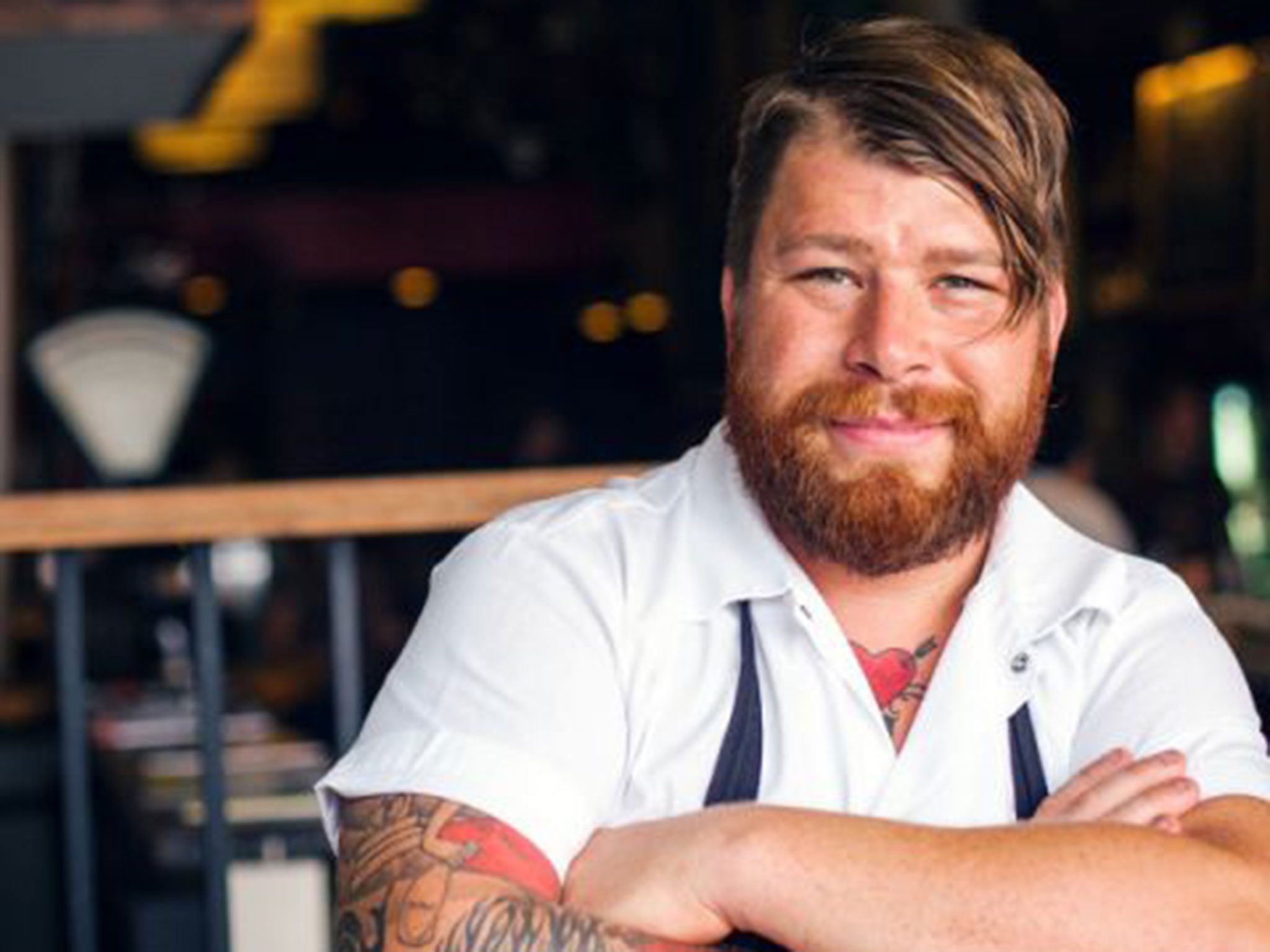If you love your local restaurant, then why not buy a share in it?
Chef Jonathon Sawyer's latest restaurant Trentina was funded by his customers

Chef Jonathon Sawyer doesn't just have a magnificent beard, he also has a good idea. After cutting his teeth in Miami and New York, where he was executive chef at well-thought-of Parea, he headed back to his hometown of Cleveland, Ohio, in 2007. In short order, he became the high priest of hipster food in the city.
He quickly opened four restaurants there, ranging from a ramen noodle bar, Noodlecat, to a "French gastro-pub" called the Greenhouse Tavern. He did so in the traditional manner: having a good idea, selling it to investors, and then getting the angels with the big wallets to pay up. His latest restaurant, however, is different.
Called Trentina, it serves, loosely speaking, northern Italian food, and was runner-up in US Esquire's Best New Restaurants list when it opened at the end of last year. But the real point of difference is the way it was funded: instead of going to a bank or finding a partner, he looked to what he considers a more reliable source: his customers.
He opened a Kickstarter campaign in January of 2014, and by May he had raised nearly $40,000 dollars from 206 people – enough to build the restaurant, which Sawyer and his wife Amelia designed themselves. It wasn't an absolute cakewalk, however. To get to that point he had, in the manner of all Kickstarters, to offer inducements, perks to get people to tap out the long number across the front. There were cocktails you could have named after loved ones; T-shirts printed; free group meals. If you invested enough, you would have cooking lessons with the chef. You could also get a number of group meals for free throughout the year.
Sawyer isn't, of course, the first person to Kickstart a restaurant. But since he appeared on CBS news, there's been a lot of online discussion about his experience. My first reaction was not terribly positive. Was Kickstarter really the thing to use for profit-making enterprise? And it all sounds rather a palaver. All those private dinners to cook for, restaurant-branded clothing to distribute, the knocking back of people wanting to name your gin gimlet Geoffrey Roughtrouser. It sounds so very trying. So very trying in fact that it would have me running straight into the arms of my local Barclays manager.
But that is, perhaps, to miss the point, as Sawyer said in an interview with CBS. "It was important to make sure that we had the opportunity to embrace everybody," he says. "I think it was very successful for us." If you are starting a local restaurant, it is probably a sound idea. How many people bemoan the loss of a local pub? I would bet if there were a mechanism to invest and get every fourth pint free, people would soon be opening their wallets. The same goes for a local restaurant. Even when the only money changing hands is when the bill comes, people still feel a sense of ownership of their favourite gastro pub or curry house.
It becomes, over time, a sort of annexe to your house – so woe betide the proprietor who doesn't treat you like you have just walked in from the living room. And if you value something to that extent – or even value a person behind it that much – then naturally you want to preserve it. You want to tell your friends and you want them to tell their friends. Sawyer and his beard might just have highlighted the future of restaurant funding.
Join our commenting forum
Join thought-provoking conversations, follow other Independent readers and see their replies
Comments
Bookmark popover
Removed from bookmarks